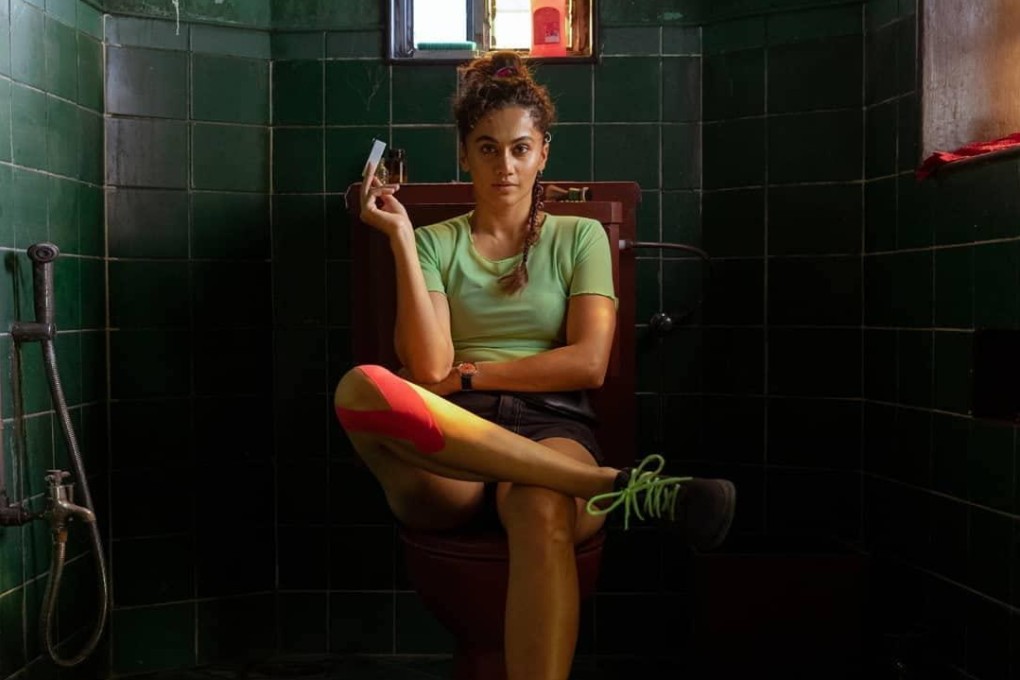Review | Netflix movie review: Looop Lapeta – Hindi remake of Run Lola Run takes a relaxed approach to the cult German thriller
- This Hindi remake of the 1998 classic German time-loop thriller pays tribute to late-1990s films including Runaway Bride
- It’s a more relaxed story than the original, but with more plot threads that make the storyline feel cluttered

3/5 stars
A Hindi remake of the 1998 German thriller Run Lola Run, Aakash Bhatia’s Looop Lapeta follows a young woman, trapped in a time loop, as she tries repeatedly to save her boyfriend from a murderous gangster.
Taapsee Pannu and Tahir Raj Bhasin star in this lighthearted comedy thriller that is influenced by numerous late-1990s favourites beyond Tom Tykwer’s experimental cult hit.
Savi (Pannu) was a committed athlete until an injury ended her career and drove her to the brink of suicide. She was talked off the ledge, quite literally, by Satya (Bhasin), a likeable if unreliable slacker. They fall in love, but Savi’s lack of ambition sees her grow estranged from her trainer father (KC Shankar), especially after he comes out as gay following her mother’s death.
When Satya accidentally leaves five million rupees of his boss’ money on the bus, he has just 50 minutes to replace the cash, and resolves to rob a jewellery store.
The central hook of Run Lola Run was a 20-minute dash to secure 100,000 Deutschmarks, played out in close to real-time. When Lola’s efforts are unsuccessful, the clock is reset, and events unfold in similar, but subtly different ways three separate times until she gets it right.